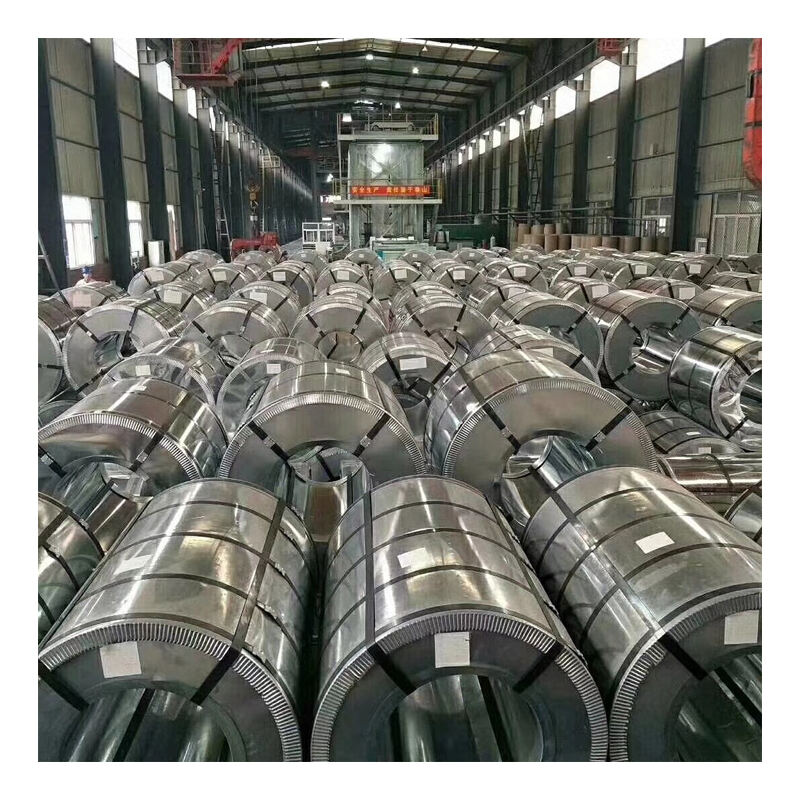Stainless steel is a critical material in stainless steel processing equipment because of its benefits. This material science greatly enhances the efficiency and effectiveness of any food processing equipment, increasing its durability and longevity. This article explains stainless steel’s benefits, its uses as well as the importance it holds in regard to the durability of food processing equipment.
Writing about food manufacturing, one must mention the most important factor: hygiene and safety. These two principles guide the field of stainless steel processing equipment and must be covered at all levels. As such, stainless steel is known for its amazing resistance against corrosion. Unlike other works, as long as processing equipment made from stainless steel is maintained, it won’t rust or get damaged thus ensuring safe and hygienic food processing. Moreover, the support that this material offers a broad range of equipment increases their useful life while simultaneously improving food safety. For that reason, stainless steel is the preferred option for many food manufacturers and processors.
In addition, stainless steel is highly resistant to damage and can tolerate high temperatures and intense usage. Equipment in food processing is usually subjected to explosive cleaning and sanitization routines, which can degrade most materials. Fortunately, stainless steel is cost-effective in the long haul because it withstands these rigid conditions. Its structural integrity also gives it longevity along with lower replacement costs, enhanced operational efficiency, and improved cost-efficiency, all essential for businesses looking to maximize profit.
Stainless steel's aesthetic appeal is equally as remarkable. Equipment made from stainless steel not only performs well, but offers modern professional sleekness as well. Stainless steel's significant wide application branding gives any business a polished outward appearance and helps with customer perception. Customers tend to trust and feel satisfied when businesses use clean polished metals as they symbolize quality, reliability, and hence increases customer trust.
Stainless steel is a low maintenance metal meaning it doesnot require frequent upkeep. For the food processing industry where hygiene standards are the highest, cleaning and sanitizing becomes simple because its smooth surface prevents food and bacteria build up. Ultimately, less time and effort in cleaning gives businesses the opportunity to increase productivity.
The latest growth in the food processing sector has shown a tangible concern towards environmental sustainability. The use of stainless steel by manufacturers is considering an eco-friendly option because it is 100% recyclable. Eco-friendly consumers love businesses that strive to reduce carbon emissions, so stainless steel equipment investment is appealing for these manufacturers.
To sum up, the best option in food processing equipment that ensures long-term utilization is stainless steel due to its resistance to corrosion, high durability, good appearance, ease of upkeep, and sustainability. The evolution of the industry will likely enhance the demand for steel due to increased focus on food safety and environmental concerns, while there are many benefits to be gained from stainless steel. Companies that focus on these factors will not only meet their requirements, but will also strengthen their competitive position with smooth operations.

